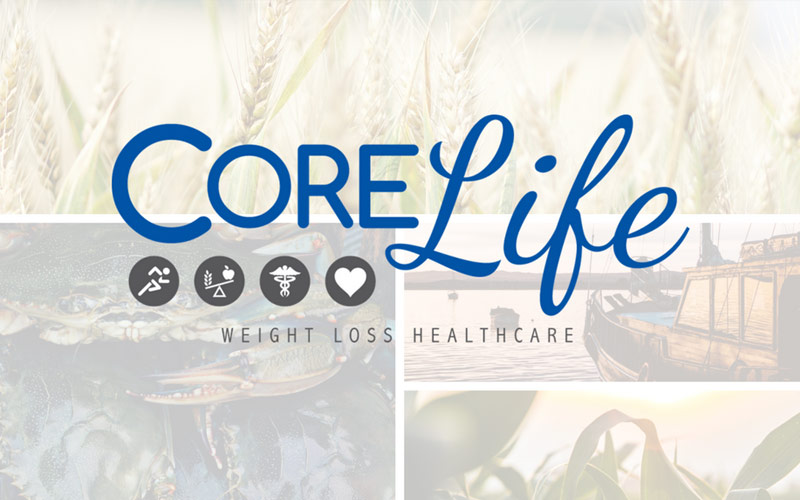Carbs often get a really bad rap. Many even advocate for a “no-carb” diet. So, before we discuss whether avoiding “all” carbs is a good idea, let’s first take a look at what carbs are and what the body does with them.
Carbs – carbohydrates – are a group of foods that are made mostly of different sugar chains (glucose, fructose, lactose). The variety and complexity of these sugar chains helps to determine the rate of digestion, absorption, and use by the body. Glucose is the primary sugar of the body and is ESSENTIAL for the body to be healthy and energized. Let me repeat that, glucose (sugar) is ESSENTIAL for the body. It is the ONLY form of fuel that the brain uses and is the most efficient source of energy for the body. This is why low blood sugar levels can be just as dangerous and unhealthy as high ones. Fructose is primarily found in fruit and honey. It is broken down in the body to be used in the same energy pathway as glucose. Lactose is exclusively found in dairy products and also gets broken down to ultimately be used as glucose in the body.
So, “carbs” include fruits, vegetables, sweeteners like sugar, honey, and agave, dairy, beans, legumes, bread, grains, pasta, crackers, cake, cookies, candy, soda, and juice. A true “no carb” diet would mean no fruits or veggies. Does that sound like a “healthy” diet to you? To recap – the body needs carbs. While it CAN make energy from fat and protein, it really prefers not to, as it’s inefficient, and in the case of protein, means breaking down muscle tissue to get the energy it needs. And, carbs are not just “junk”, but are the heart-healthy, cancer-fighting, antioxidant-packed fruits and veggies you should be eating tons of every day.
But, carbs have a dark side, too. We chatted in previous posts about the importance of maintaining healthy blood sugar levels. Too high and too low are both detrimental to health. Chronically high blood sugar levels lead to chronic inflammation and ultimately, disease (diabetes, heart disease from damaged arteries due to extra sugar floating around, obesity, etc.). How, then do we hit the right balance? How do we ensure our body has the energy it needs without overdoing it and leading to disease?
Here are a few “tips” for making carbs a healthy part of your nutrition:
1) Choose carbs in whole food form – so, whole fruit, not juice; whole grains, not refined (brown rice, whole grain bread); fruits and veggies, while limiting chips, cakes, cookies
2) Combine carbs with either protein or fat to help keep blood sugar levels stable instead of suddenly spiking. An apple with peanut butter; veggies with hummus; berries with Greek yogurt.
3) Avoid sugary drinks like juice, soda, shakes, frappuccinos, etc. and alcohol, which is used by the body as sugar.
4) Limit packaged snack foods – chips, cookies, cakes, candies – these items are high in processed sugar, spiking blood sugar levels, contain few nutrients, and are generally completely empty calories, adding to your daily calorie load without contributing to your nutrition needs.
All the macronutrients are necessary – fat, protein, and carbs. Like all things, everything in moderation, including moderation. But, just because I said you can have carbs, doesn’t mean you should avoid protein and fat, or that you shouldn’t limit you carb intake to healthy options. Confused? Unsure about whether you’re eating too many, too few, or the wrong kind of carbs? Come on in to CoreLife and let us help you optimize your health and nutrition.
Aubrey Phelps MS RDN
